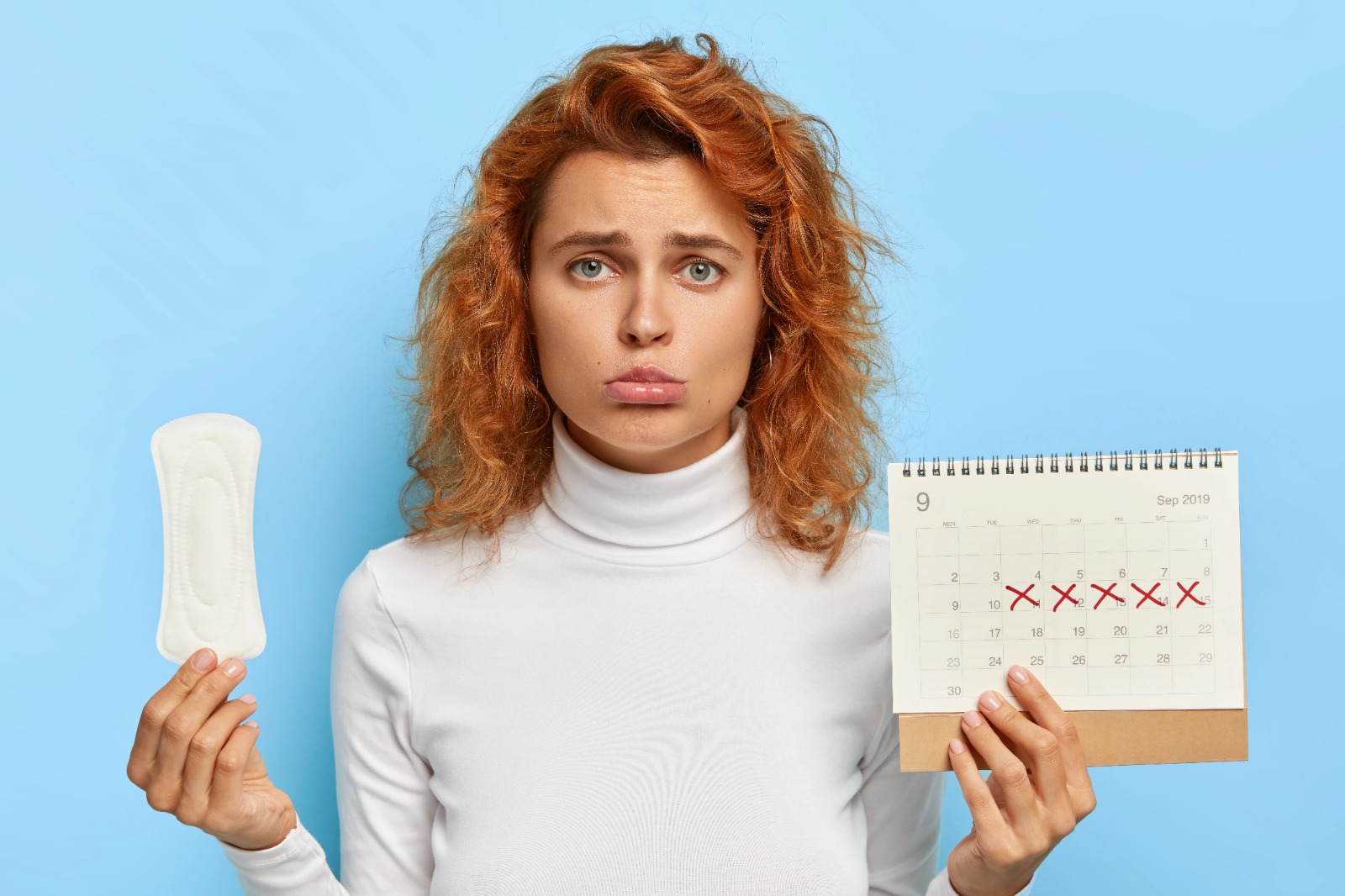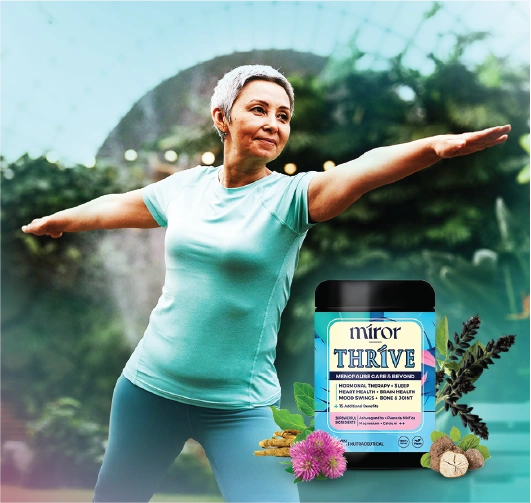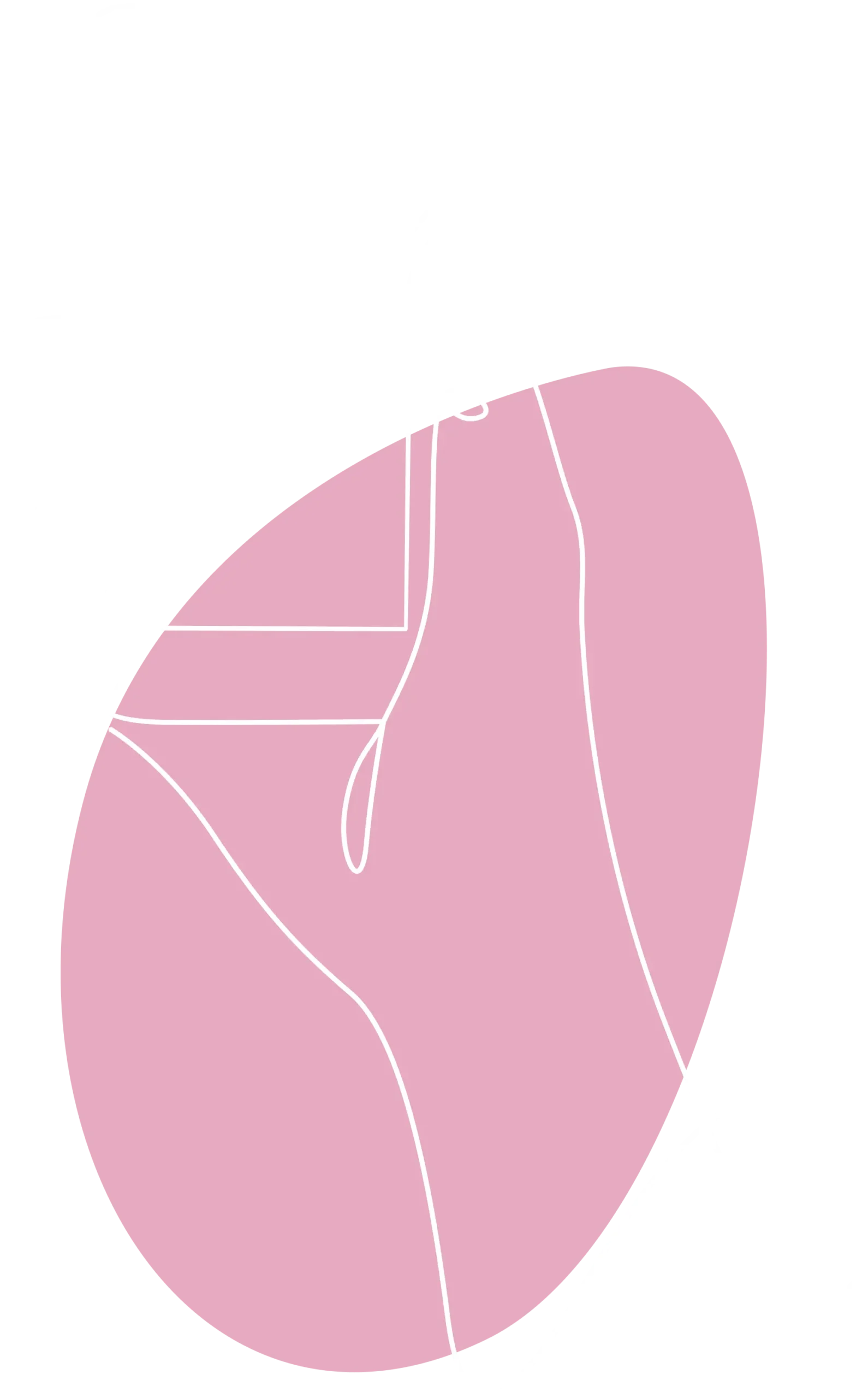
What Are the First Signs of PCOS? Don’t Ignore These Subtle Clues!
Wondering if you might have PCOS? From irregular periods to mood swings—discover the earliest signs and why it’s crucial not to ignore them.

BY POPULAR DEMAND!
Day and Night Combo Pack!.
The ultimate health duo, providing
women with total Vitality by day &
complete Rejuvenation by night.


Personalized Peri/Menopause Care at your fingertips!
Track your wellness and explore personalized resources designed for your journey. Gain access to at-home labs, expert medical care, symptom management tools, informative content, engaging games, and more.

Take Scientifically Crafted Quizzes to gain valuable insights for managing Peri/Menopause symptoms. Understand these shifts, and confidently take control of your journey.

BY POPULAR DEMAND!
Day and Night Combo Pack!.
The ultimate health duo, providing
women with total Vitality by day &
complete Rejuvenation by night.


Personalized Peri/Menopause Care at your fingertips!
Track your wellness and explore personalized resources designed for your journey. Gain access to at-home labs, expert medical care, symptom management tools, informative content, engaging games, and more.

Take Scientifically Crafted Quizzes to gain valuable insights for managing Peri/Menopause symptoms. Understand these shifts, and confidently take control of your journey.

Connect with leading Peri/Menopause specialists, nutritionists, and therapists for personalized advice and expert support.


Balance. Strength. Support.
The ultimate daily supplement for Post-Menopausal Women.
28 all-natural ingredients and 20 total body benefits, including support for hormones, sleep, mood, heart, brain, and joint health.


RELIEF. STRENGTH. ENERGY.
Multivitamin for Women 65+ with Curcumin
Formulated to support your joints, heart, and energy
so you feel strong and vibrant every day.


The ultimate health duo, providing women with total Vitality by day and complete Rejuvenation by night.


A nurturing space for women in Peri/Menopause, fostering meaningful connections, personal upliftment, and growth.

Take Scientifically Crafted Quizzes to gain insights, understand peri/menopause shifts, and confidently take control.


Connect with leading Peri/Menopause specialists, nutritionists, and therapists for personalized advice and expert support.


Balance. Strength. Support.
The ultimate daily supplement for Post-Menopausal Women.
28 all-natural ingredients and 20 total body benefits, including support for hormones, sleep, mood, heart, brain, and joint health.


RELIEF. STRENGTH. ENERGY.
Multivitamin for Women 65+ with Curcumin
Formulated to support your joints, heart, and energy
so you feel strong and vibrant every day.


The ultimate health duo, providing women with total Vitality by day and complete Rejuvenation by night.


A nurturing space for women in Peri/Menopause, fostering meaningful connections, personal upliftment, and growth.

Take Scientifically Crafted Quizzes to gain insights, understand peri/menopause shifts, and confidently take control.


Connect with leading Peri/Menopause specialists, nutritionists, and therapists for personalized advice and expert support.


Connect with Miror
support community for
invaluable resources.

Consultations with
Doctors and
health professionals.

Get exclusive access to
specially designed
MenoCare products.

Curated events, retreats
and workshops for
holistic well-being.

Get exclusive access
to specially designed
MenoCare products.

Consultations with
Doctors and health
professionals.

Connect with Miror
support community
for invaluable
resources.

Curated events,
retreats and
workshops for
holistic well-being.

Dealing with mental
health changes and
emotional wellness.
Evolution of your body as menstrual cycle transitions.
Evolution of your
body as menstrual
cycle transitions.
Other symptoms that are
lesser known and not
experienced often.
Other symptoms that
are lesser known and
not experienced often.
Navigate Perimenopause & Menopause with Confidence! Miror is your all-in-one companion app for navigating perimenopause, menopause, and beyond. We’ve got you covered. Miror empowers you with:
Connect directly with top Gynaecologists, Nutritionists, Dieticians, Psycologists and Urologists - for personalized guidance on managing your symptoms.
Gain valuable knowledge and insights on perimenopause and menopause through our library of trusted articles and resources.
Wellness Tracker, Lab Testing, Fitness Assistance and more!

We understand the unique challenges of perimenopause & menopause.
Let our experts guide you through this transition.
We understand the unique challenges of perimenopause & menopause.
Let our experts guide you through this transition.











Menopause is a disease.
Up to 50% of women mistakenly believe Menopause is a disease. Truth is, it’s a natural transition marking the end of fertility. Embrace it as a biological milestone, not a medical condition.
Menopause means the end of your sex life.
While 15-45% of women experience decreased libido during Perimenopause, sexual desire can thrive. Communication, self-care, and exploration are key!
Menopause starts at 50.
The average age is 51, but the range is vast! 1 in 100 women enter Menopause before 40, and 1 in 1000 before 35. Know your family history and listen to your body.
There’s no such thing as a menopause doctor.
Seek specialized care! Look for practitioners credentialed by the North American Menopause Society (NAMS). Over 15,000 healthcare professionals have dedicated expertise in this area.
Menopause happens overnight.
It’s a gradual process! Perimenopause, with its fluctuating hormones, can begin years before your last period. Pay attention to early signs like irregular cycles and hot flashes.
Menopause is just about estrogen decline.
While estrogen plays a major role, it’s a hormonal symphony! Progesterone, FSH, LH, and other hormonal shifts contribute to diverse symptoms. Remember, psychological factors also come into play.
Weight gain is inevitable.
You’re in control! 50% of women maintain their weight during Menopause. Focus on healthy lifestyle choices like diet and exercise to combat metabolic changes.
Hot flashes are the only symptoms.
Think beyond the heat! Over 40+ symptoms can arise, including sleep disturbances, mood swings, brain fog, and vaginal dryness. Listen to your body’s unique story.
Menopause symptoms are only physical.
Mind and body are intertwined! 20% of women experience depression or anxiety during Menopause. Emotional and cognitive symptoms like mood swings and memory issues deserve equal attention and support.

Lorem ipsum dolor sit amet, consectetur adipiscing elit, sed do eiusmod tempor incididunt ut labore.
Lorem ipsum dolor sit amet, consectetur adipiscing elit,
sed do eiusmod tempor incididunt ut labore.
Lorem ipsum dolor sit amet, consectetur adipiscing elit, sed do eiusmod tempor incididunt ut labore.


















Wondering if you might have PCOS? From irregular periods to mood swings—discover the earliest signs and why it’s crucial not to ignore them.

Struggling with irregular periods, acne, or fatigue? Learn what PCOS really is, why it happens, and how to manage it naturally—without the overwhelm.

Discover how Ashwagandha can ease menopause-related mood swings, anxiety & fatigue. Backed by science. Powered by Miror MILY & Bliss.

 ×
×